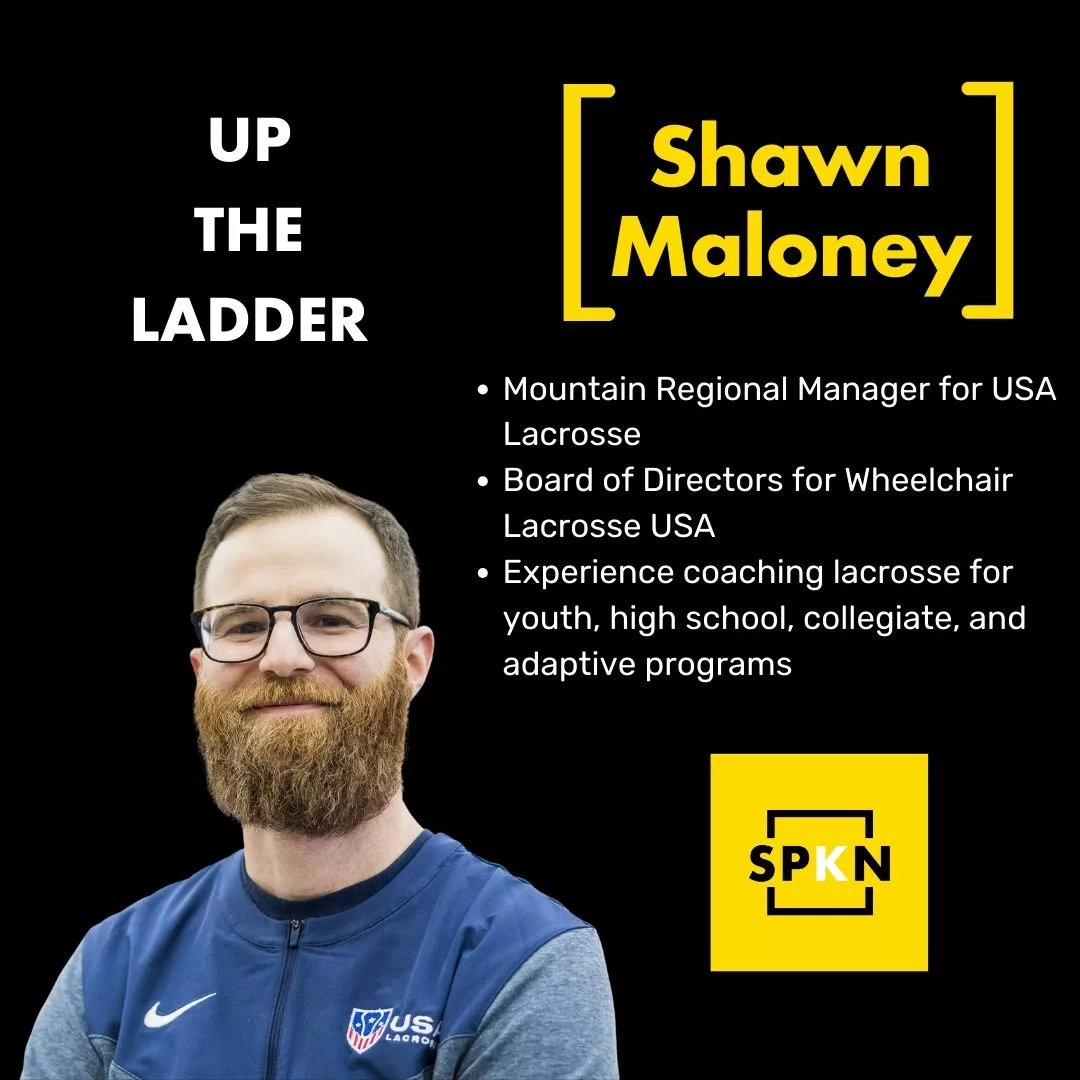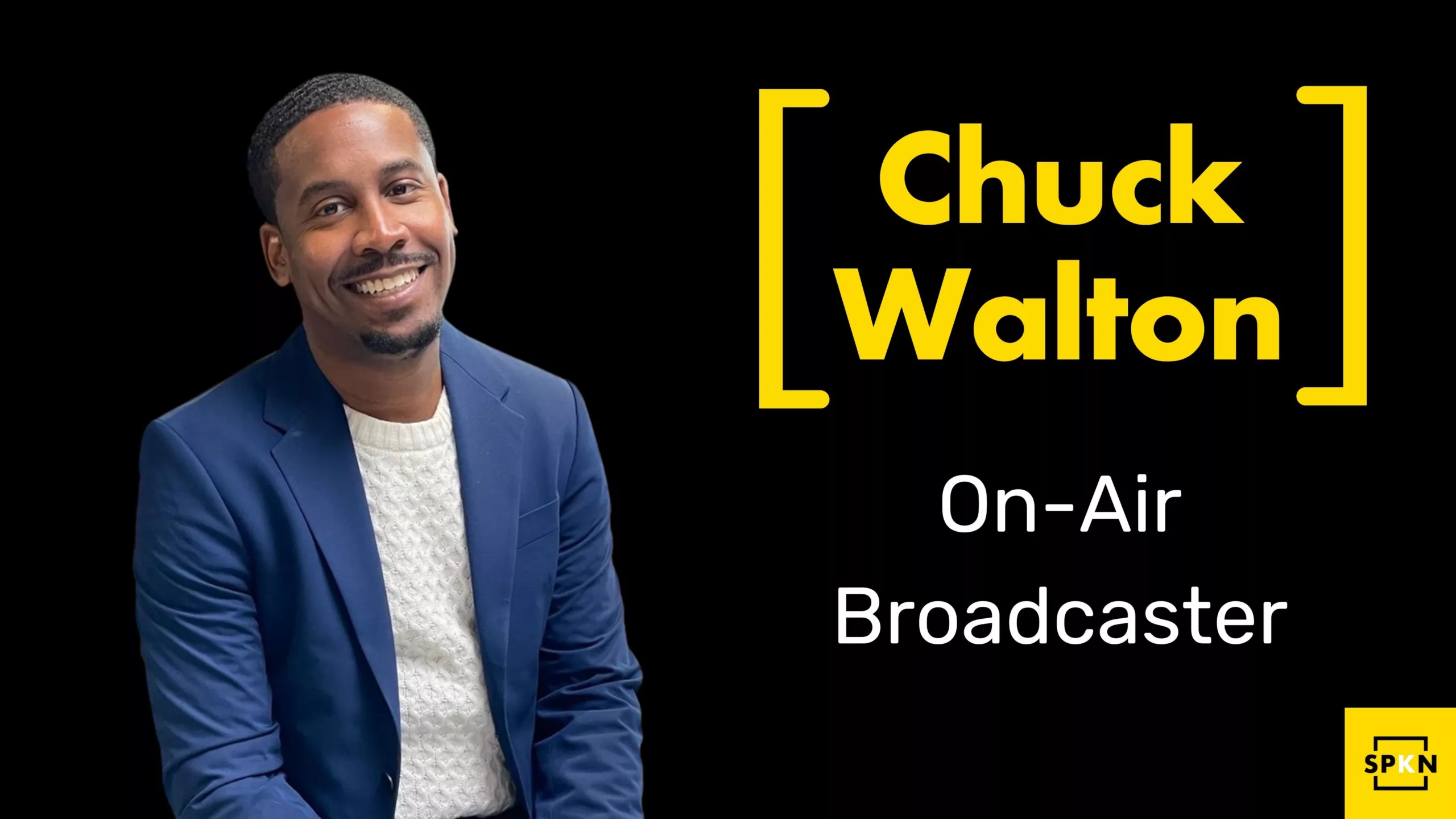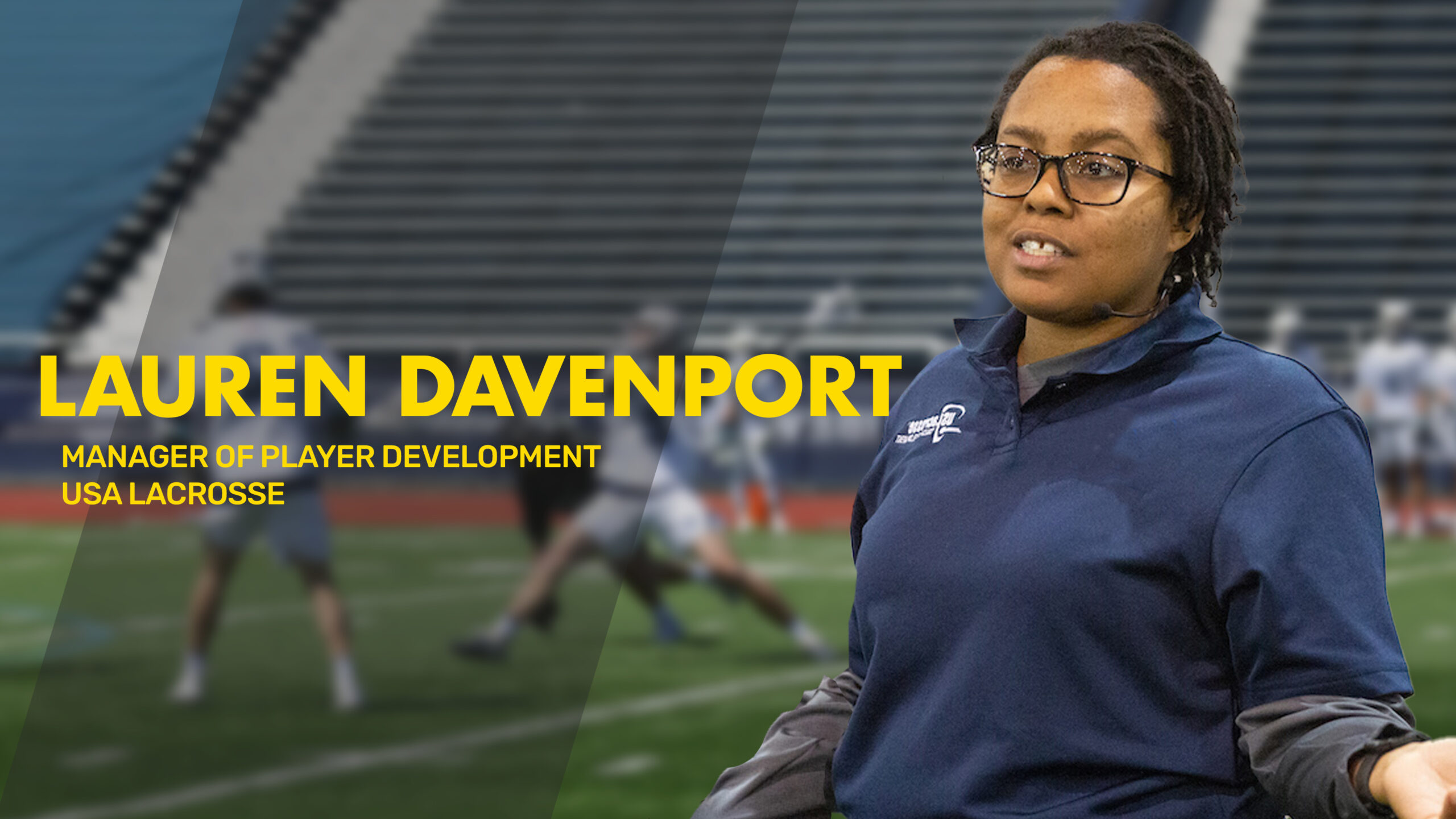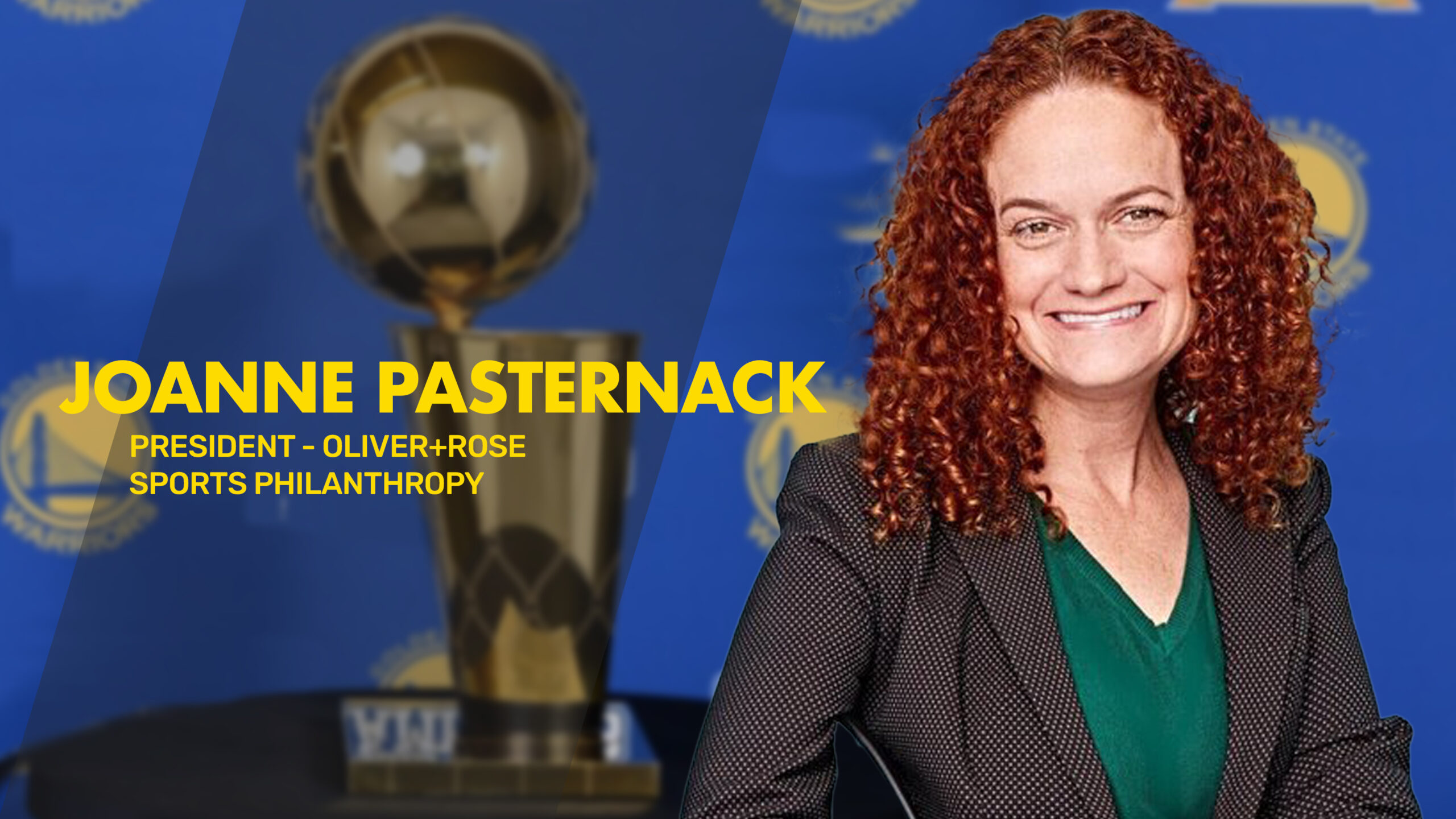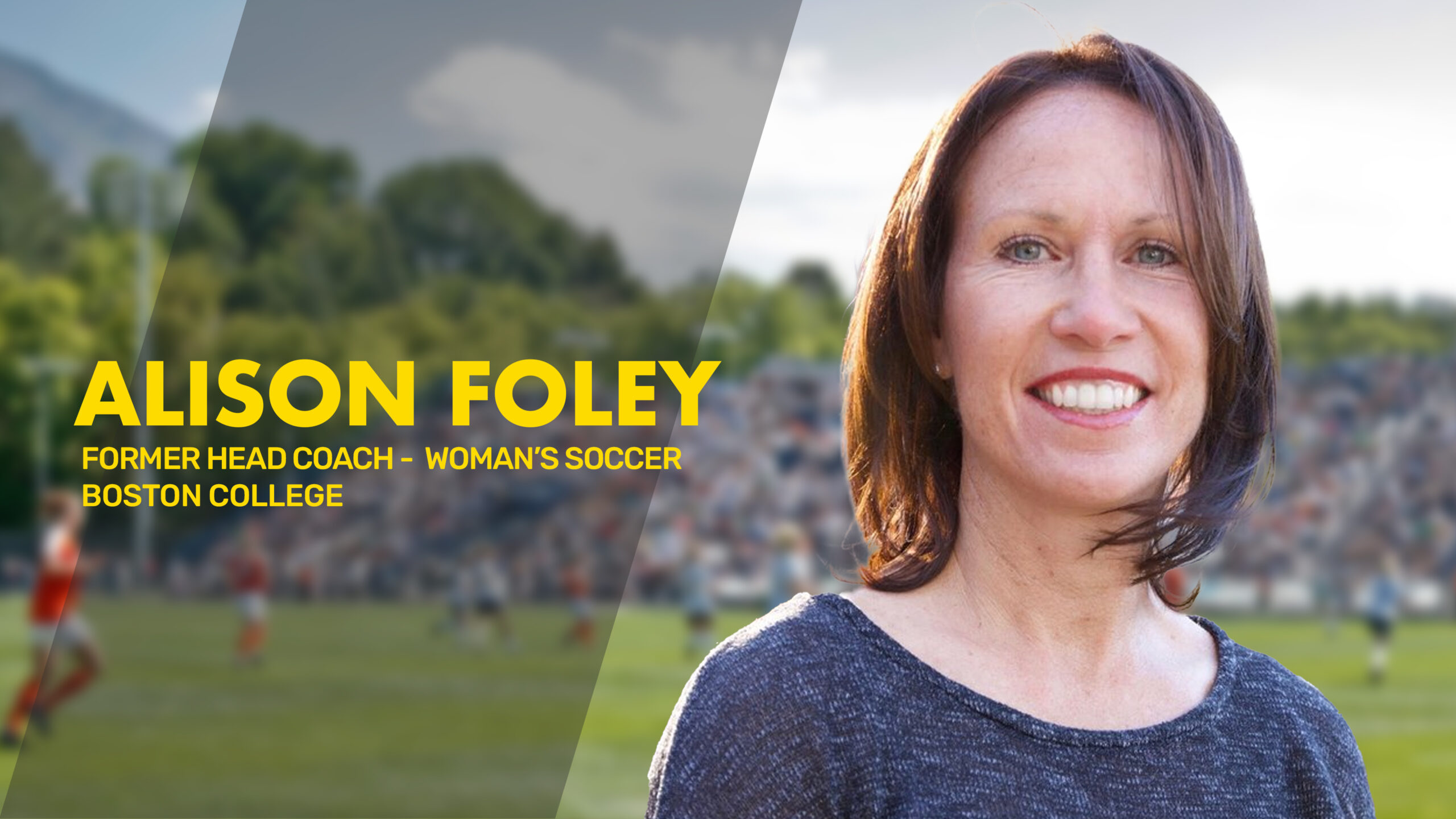After attending USA Basketball’s Women in the Game conference in Washington D.C. yesterday, I must admit I am highly encouraged. While women are still underrepresented, one can almost see the shift as it happens in today’s sport landscape. However, despite significant progress in gender equality, women remain underrepresented in the world of sport coaching, particularly at higher levels of competition. Just 13% of coaches at the Tokyo 2020 Olympic Games were female, up from 11% at Rio 2016 (USOPC, 2023). In 2020, 95% of National Collegiate Athletic Association (NCAA) men’s sports teams had head coaches identifying as men, according to the Department of Education’s Equity in Athletics Data. By comparison, less than half of women’s teams had head coaches identifying as women (EADA, 2023).This gap is even more noticeable in high-performance settings, where coaches are expected to achieve successful outcomes at the highest level of competition.
The Challenges Faced by Women in Sport Coaching
Women aspiring to become coaches at the highest levels of sports face several major challenges:
Gender Bias: Deep-seated stereotypes and biases still persist in the sports world. Some believe that women aren’t as knowledgeable or capable as men when it comes to coaching. This bias can affect hiring decisions and opportunities for female coaches.
Limited Networking Opportunities: Networking plays a significant role in career advancement, and women may have fewer opportunities to build these professional relationships, especially in male-dominated sports environments.
Discriminatory Hiring Practices: Discrimination in hiring practices, whether overt or subtle, can hinder women’s progress in coaching. Some organizations may prioritize male candidates, consciously or unconsciously.
Unequal Resources: Women’s sports programs often receive fewer resources and funding compared to men’s programs. This lack of investment can affect the opportunities available for female coaches and the overall growth of women’s sports. (But who says women can’t coach men?)
Mentorship and Development: Female coaches may have limited access to mentorship and development programs that can help them advance in their careers. These programs can provide valuable guidance and support.
Stigma and Stereotypes: Women who break into male-dominated sports may face skepticism and resistance from players, staff, and fans who hold onto traditional beliefs about gender roles in sports.
Despite these challenges, many talented women are breaking barriers and succeeding as coaches at the highest levels of sports. As awareness of gender disparities continues to grow, there is hope for more equitable opportunities for women in coaching in the future.
Meet the Challenges Head On
Despite these challenges, the sport industry is beginning to recognize the value and need for greater gender diversity in coaching roles. Overcoming the challenges that women face in pursuing coaching careers at the highest levels of sports requires determination, support, and proactive strategies. Below, research offers insights into effective approaches to navigate these obstacles:
Education and Skill Development: Research by Acosta and Carpenter (2012) suggests that women can enhance their coaching prospects by investing in their education and skill development. Pursuing coaching certifications, attending coaching clinics, and continuously improving their coaching knowledge can make them more competitive candidates.
Mentorship and Networking: Findings from Cunningham and Sagas (2004) emphasize the importance of mentorship and networking for aspiring female coaches. Building relationships with experienced coaches and seeking mentorship can provide valuable guidance and open doors to coaching opportunities.
Advocacy and Policy Change: Research by Pastore (2017) highlights the role of advocacy and policy change in addressing gender disparities in coaching. Women can join or support organizations and initiatives advocating for gender equity in sports coaching to create a more inclusive environment.
Creating Supportive Networks: Scholars like Fink and Pastore (2008) emphasize the importance of creating supportive networks of female coaches. Establishing communities of like-minded individuals can provide emotional support, share experiences, and help navigate the challenges unique to women in coaching. (Women in the Game seems to be a great example of just such a support system for young women in sport.)
Challenging Stereotypes: A study by Koivula (1999) underscores the significance of challenging stereotypes. Women can actively challenge gender stereotypes by demonstrating their coaching competence and expertise, ultimately changing perceptions over time.
Pursuing Leadership Roles: Research by Brooks (2002) highlights the importance of pursuing leadership roles within sports organizations. Women who aspire to be coaches can seek positions in sports administration and management, where they can influence hiring decisions and policies.
By employing even some of these strategies, women can proactively address the challenges they face in becoming coaches at the highest level of sports and work towards greater gender equity in coaching roles.
As we continue to navigate this complex issue, it’s important to remember that the path to equality in sport coaching requires collective effort and ongoing commitment. We all have a role to play in championing women in sport coaching and ensuring that their sport knowledge and skills are recognized and valued.
For more insights into this topic and other sport knowledge, please visit www.SPKNmedia.org Let’s work together to pave the way for more women coaches at the top levels of sports.
REFERENCES:
• Acosta, R. V., & Carpenter, L. J. (2012). Women in intercollegiate sport: A longitudinal, national study, thirty-seven-year update, 1977-2014. Brooklyn, NY: Brooklyn College, City University of New York.
• Brooks, D. D. (2002). Coaching in a man’s world: Women coaches’ experiences of sexism and social isolation. Sociology of Sport Journal, 19(1), 56-74.
• Cunningham, G. B., & Sagas, M. (2004). Organizational socialization in coaching: A retrospective look at gender and mentoring. Journal of Sport Management, 18(2), 227-243.
• US Department of Education, Equity in Athletics Data Analysis. https://ope.ed.gov/athletics/#/
• United States Olympic and Paralympic Committee, “Female Coaches”. https://olympics.com/ioc/female-coaches (2023)
• Fink, J. S., & Pastore, D. L. (2008). Female coaches’ experiences: Title IX and opportunities for women in coaching. Journal of Issues in Intercollegiate Athletics, 1, 83-102.
• Koivula, N. (1999). Sport participation: Differences in motivation and actual participation due to gender typing. Journal of Sport Behavior, 22(3), 360-380.
• Pastore, D. L. (2017). Title IX and women coaches in the United States: Continuing challenges and opportunities. Journal of Global Sport Management, 2(1), 11-26.

